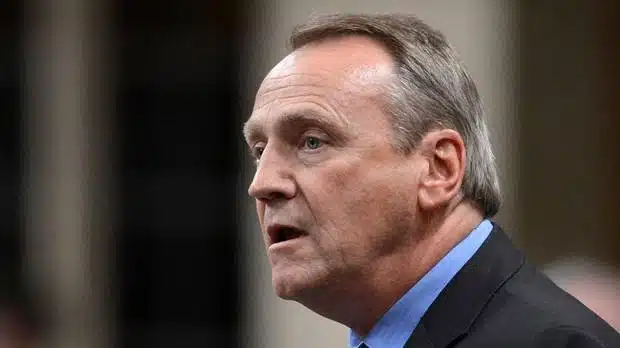Colleen was quoted in The Globe and Mail with her opinion on the confidentiality agreements that MP staffers and caucus researchers are being asked to sign. Read the full article below.
MP staffers forced to sign lifelong gag orders to get raises
Staff in MPs’ officers are being told to sign broadly worded, lifelong confidentiality agreements, a change made earlier this year by an all-party committee.
The new contracts require all MPs’ staff, and caucus researchers for every party, to keep quiet on any “information to which [a staffer] may become privy” because it’s “politically sensitive and confidential.” The confidentiality agreement applies indefinitely even after an employee leaves the job. Only when required by law, such as during court testimony, will they be allowed to breach confidentiality.
If current staff break the pact, they can be fired on the spot without severance. Former staff who disclose any information face an unspecified “legal or administrative recourse,” and could be ordered to repay any severance they received.
Some of the new restrictions are standard, lawyers familiar with such contracts say, but the wide-ranging wording could potentially apply to even the most innocuous facts, and other parts may not withstand a court challenge.
“It’s troubling and it’s enforceability could reasonably be questioned,” David Fraser, a Halifax-based privacy lawyer, said of the confidentiality agreement. “I would suggest to anybody, who is having this put in front of them, that they seek legal advice.”
A union representing staff in NDP MPs’ offices has asked for a legal opinion on whether it can challenge the document, and says some staffers have rejected pay raises rather than sign the form – which only new hires, people getting raises or those switching jobs must sign.
But Conservative MP and caucus whip John Duncan said the NDP and Liberals supported the move when it was made in a committee earlier this year in the all-party Board of Internal Economy committee. The previously ad hoc rules amounted to the “wild west,” Mr. Duncan said, with no restrictions on what staff needed to keep confidential.
“Nobody questioned it and everyone thought it was appropriate,” he said of the changes. “I’m actually kind of baffled by this whole thing. I think the public would expect and anticipate that this kind of agreement would be a requirement for employees in the kinds of jobs that they have.” Mr. Duncan said the restrictions likely apply to “anything under the Privacy Act” and anything marked “confidential.”
The internal economy committee’s meetings are behind closed doors, though the Conservatives have a majority. The NDP and Liberals didn’t answer questions about whether they agreed on the confidentiality clause, thought Liberal Leader Justin Trudeau and NDP MP Peter Julian both said Wednesday they thought the restrictions may go “too far.”
Lawyers contacted by The Globe say it’s not uncommon for confidentiality requirements to stay in place after someone leaves a job, but such clauses often exclude information otherwise publicly available, or things that become publicly available. The provision for MPs’ staff makes no such distinction.
Colleen Hoey, an Ottawa-based employment lawyer, said she has ”concerns” with the document, noting it doesn’t specify what information it applies to or when things can be reasonably disclosed. Another problem is the potential of revoking severance. “In my opinion such a remedy would not withstand judicial scrutiny,” Ms. Hoey said in an e-mail.
The agreement’s wording is so broad – anything a staffer is privy to – it could apply even to commonly known facts and prevent staff from taking jobs in any way connected to the federal government, Mr. Fraser said. “When the House sits or where Parliament Hill is, is potentially included in that. Again, overly broad, in my view,” he said.
NDP staffer Anthony Salloum, who leads the union representing NDP MPs’ staffers, said the concern among some is that the “indefinite nature of it, that it binds us permanently, is a little too extreme.” He worries the restrictions could, for instance, block someone from writing a memoir. Mr. Duncan, however, said the rules are not a gag order and people are still allowed to write books. “It’s just we have rules you have to play within,” he said.








